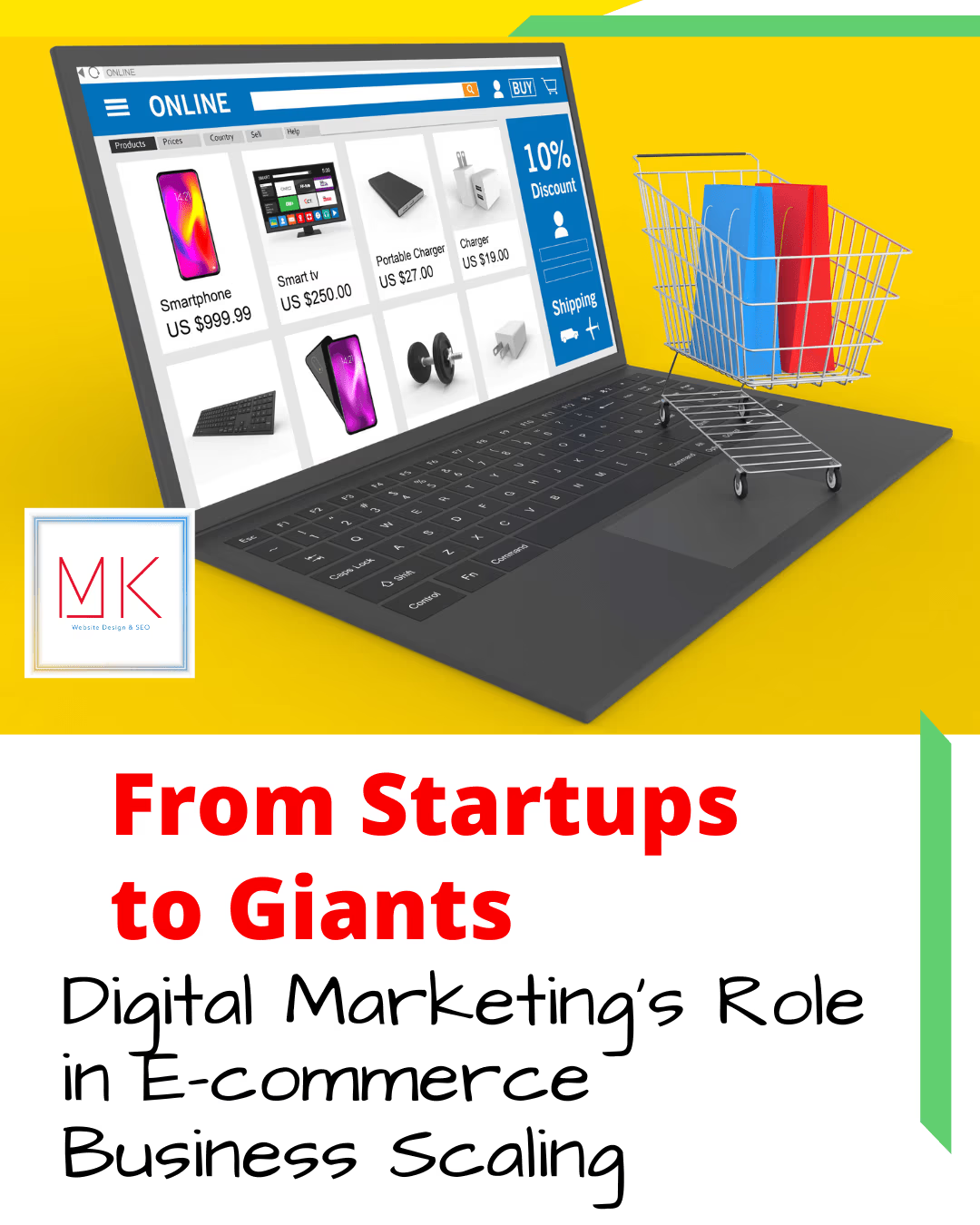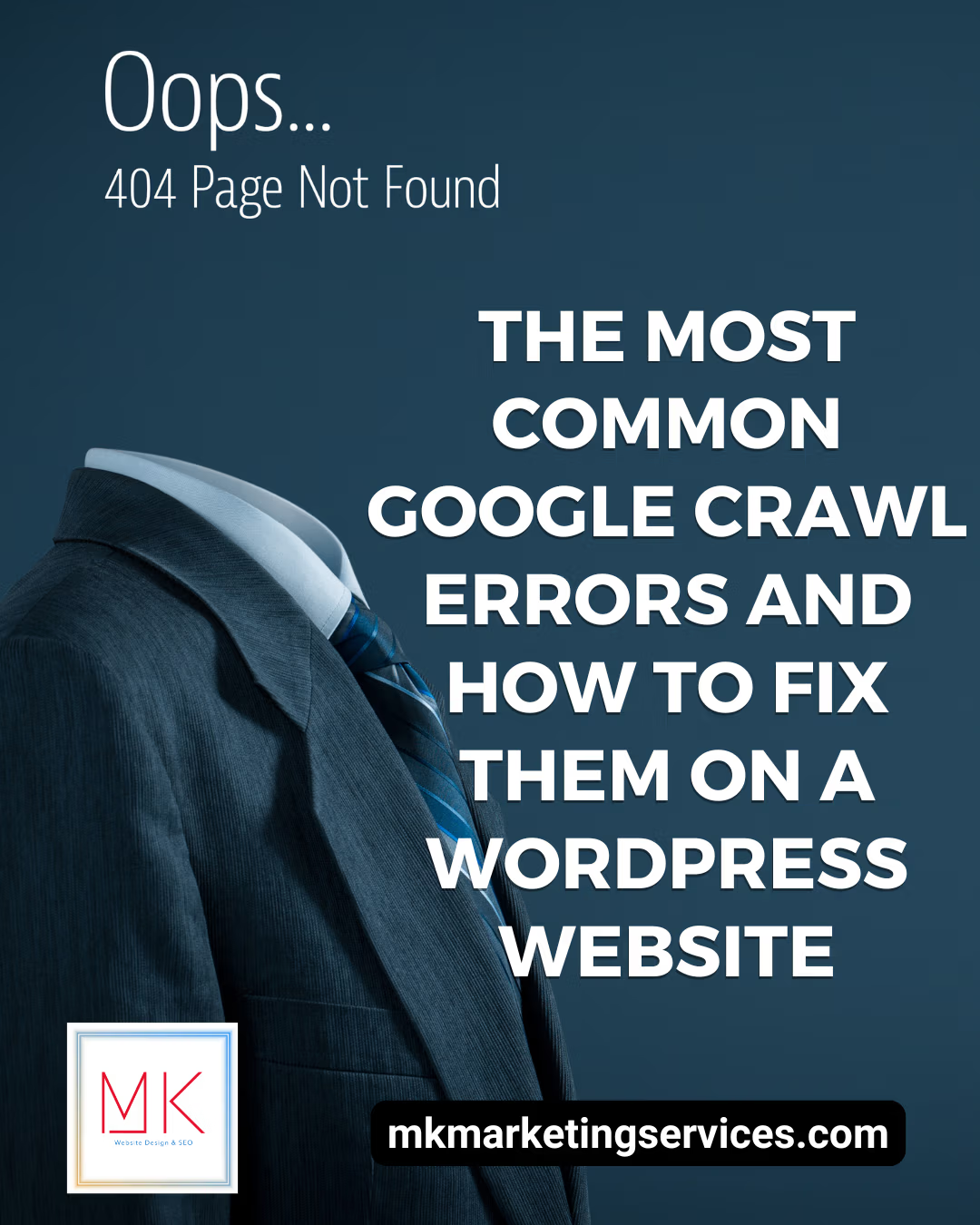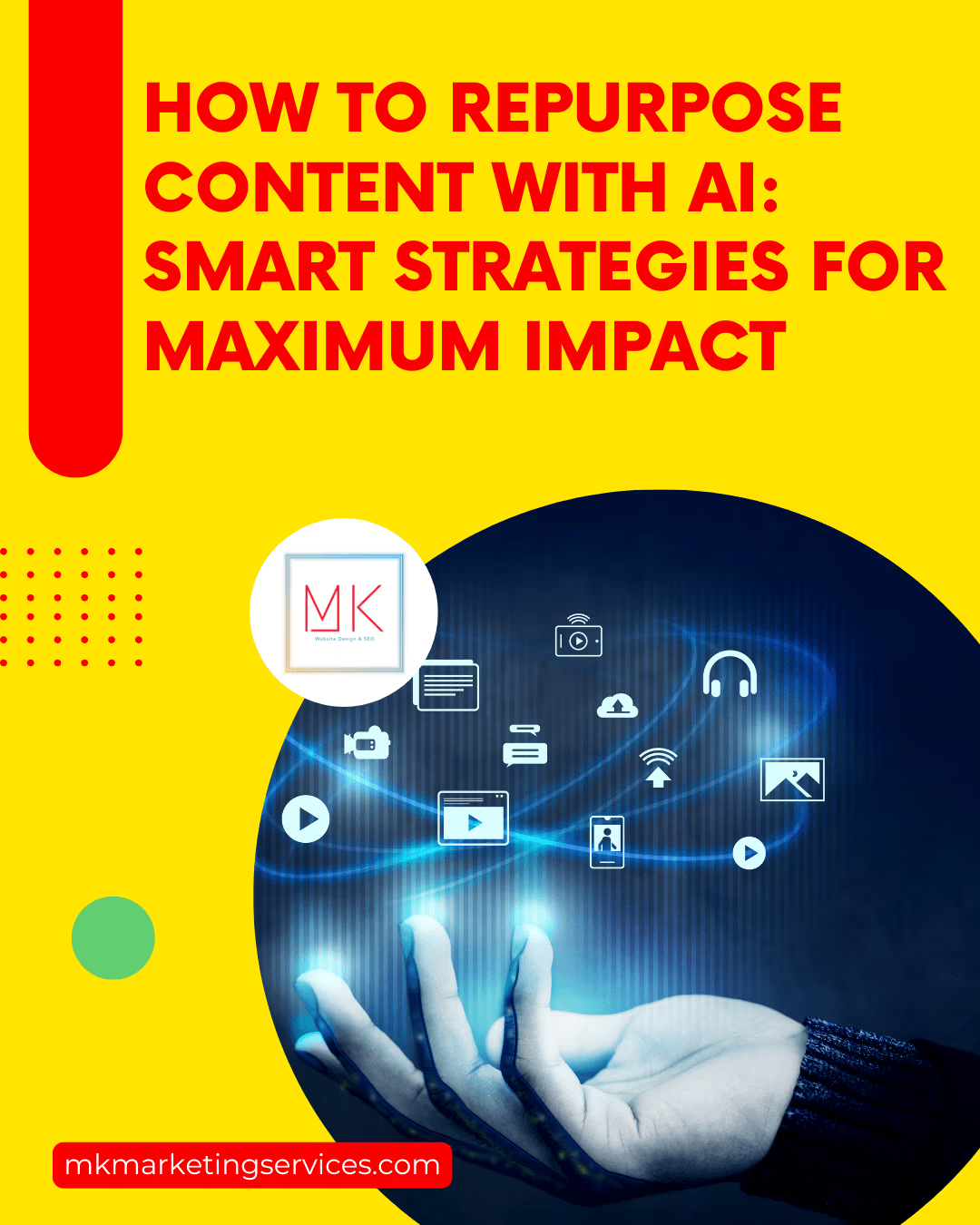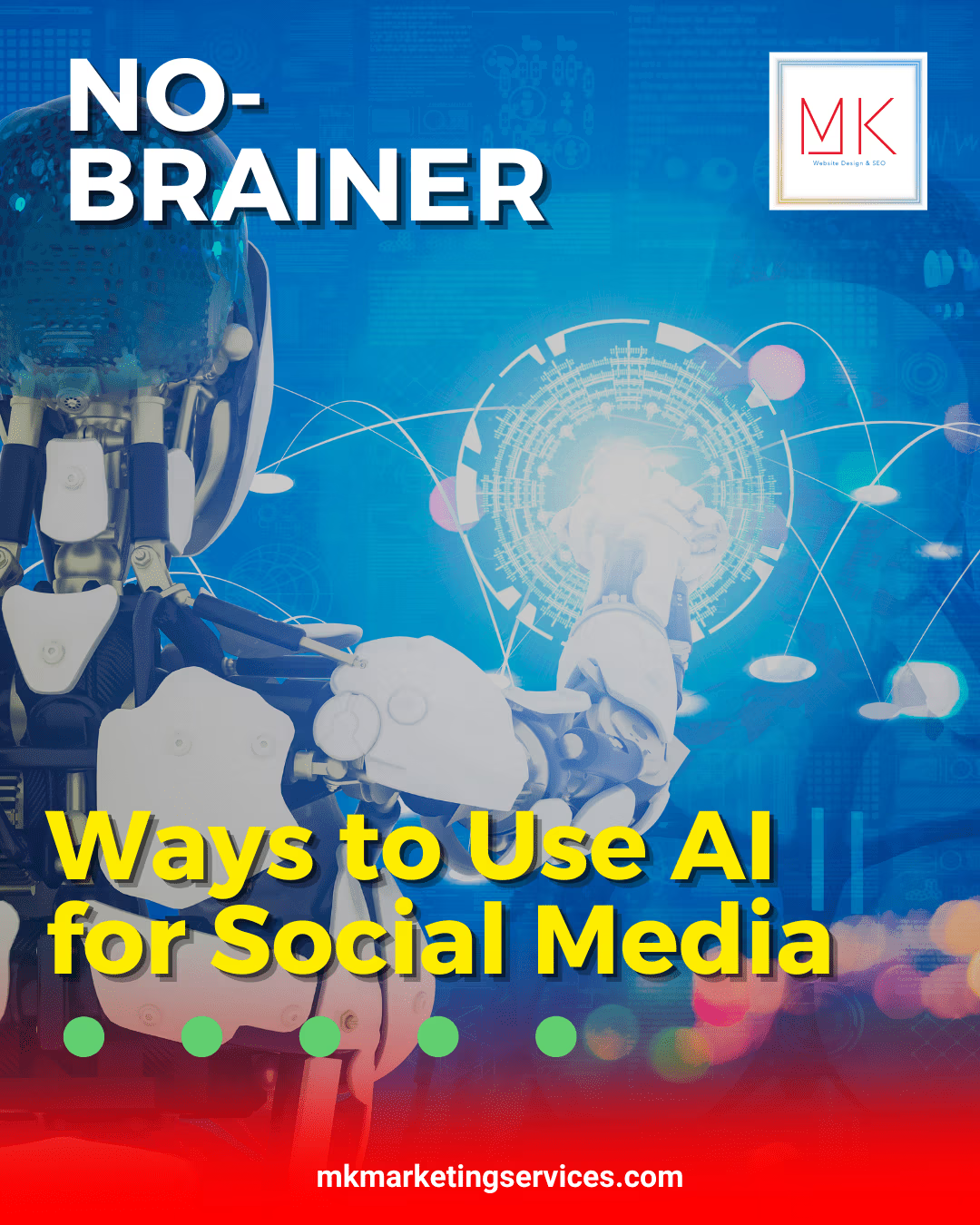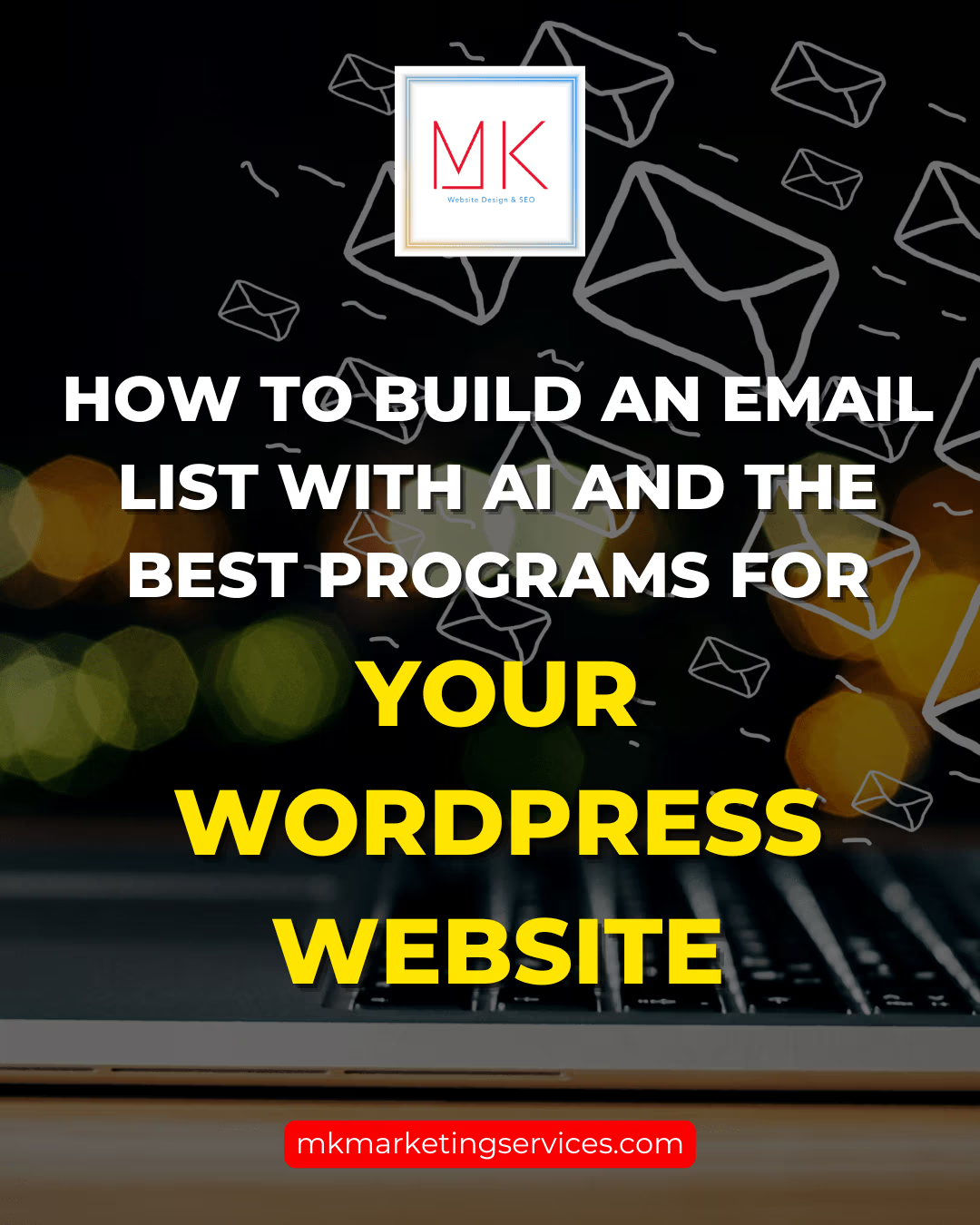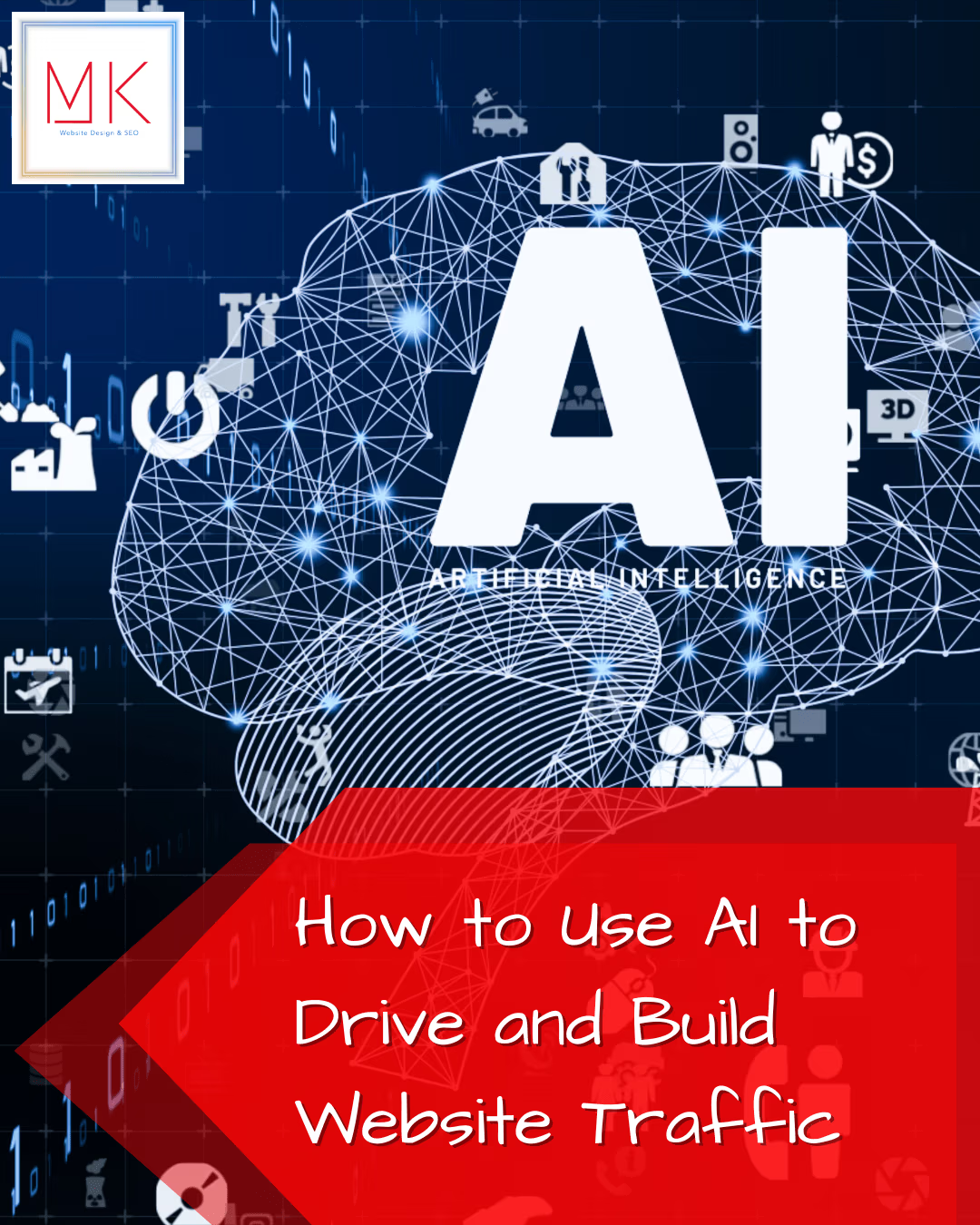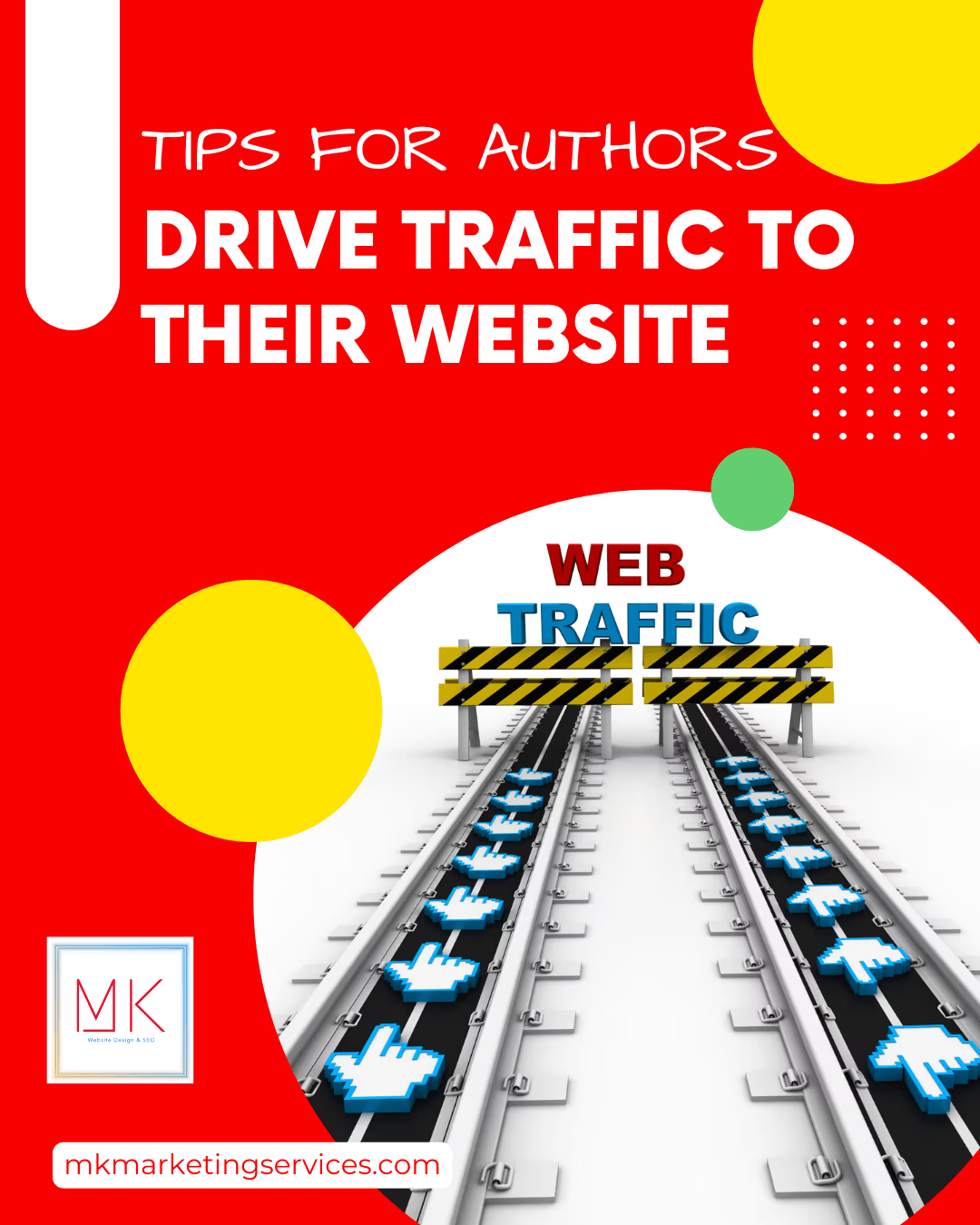How can digital marketing contribute to e-commerce growth? Have you ever wondered how e-commerce companies grow from modest startups to worldwide powerhouses? A key factor propelling this expansion in the lightning-fast e-commerce sector is digital marketing. Even the tiniest online stores may increase their visibility, client base, and revenue with the correct tactics. Conventional advertising strategies have been superseded by online and mobile marketing. Innovative, scalable, and cost-effective tools and approaches are available to e-commerce enterprises through digital marketing. These days, companies can reach customers worldwide and respond fast to shifting market conditions with the help of tools like social media marketing and search engine optimization (SEO).
Search Engine Optimization (SEO) for Organic Traffic Growth
Search engine optimization (SEO) is a cornerstone of digital marketing for online stores. It enhances a website’s visibility in search engine results to attract more natural, unpaid visitors. Keyword optimization, high-quality content creation, site structure improvements, and mobile friendliness testing are all part of search engine optimization. Thanks to search engine optimization, startups can compete with larger organizations without spending a fortune on marketing. Smaller e-commerce enterprises may efficiently reach their target audience using niche markets and long-tail keywords. Robust SEO techniques allow organizations to remain visible and continually draw organic traffic as they expand. This, in turn, increases revenue and customer engagement.
Social Media Marketing: Expanding Reach and Engagement
To grow their online store, e-commerce companies should use social media marketing. Marketing on social media sites like Twitter, Instagram, and Facebook helps companies connect with consumers personally and fosters loyalty to the company. Businesses may establish a solid online presence by publishing exciting content, running targeted advertisements, and connecting with followers. A low-cost option for entrepreneurs to attract new clients is through social media. Another common tactic is “influencer marketing,” in which companies collaborate with well-known people on social media to spread the word about their wares. The use of social media to promote new items and keep in touch with existing customers is becoming increasingly important for e-commerce companies as they expand.
Paid Advertising: Driving Traffic and Conversions
Growing your online store requires promotion, especially on social media and search engines like Google and Facebook. Advertisers may zero in on specific demographics, interests, and actions with this advertising. Paid advertisements give new businesses an instant edge in congested marketplaces by increasing their exposure and traffic. However, paid advertising must be fine-tuned when companies expand to get the best return. Businesses can ensure their advertising is successful using tools like conversion monitoring and A/B testing. Brands in the e-commerce space benefit from paid advertising since it increases conversions and traffic.
Email Marketing: Building Customer Relationships
Regarding digital marketing, email marketing is still among the best for online stores. Businesses may have one-on-one conversations with consumers using this channel, providing them with tailored promotions, suggestions, and news. An email list provides a direct channel to possible customers, making it an essential tool for companies. Welcome series, abandoned cart reminders, and post-purchase follow-ups are examples of automated email marketing that assist in nurturing client relationships. Email marketing is already essential for keeping customers and encouraging them to buy from you again, but it gets much more so as your business grows. To increase conversion rates, e-commerce organizations should use segmentation and customization to ensure their email messages are engaging and relevant.
Content Marketing: Establishing Authority and Trust
Marketing with content entails drawing in and retaining customers through producing high-quality, relevant material. This category includes e-books, infographics, movies, and blog entries. Online stores just starting may benefit from content marketing in two ways: first, by becoming trusted experts in their field, and second, by attracting new consumers. Increasing traffic and swaying purchase decisions may be achieved by providing helpful information, product recommendations, and reviews. Content marketing already plays a significant role in retaining customers and fostering brand loyalty, but its importance grows as organizations expand. Online stores may further drive their development and expansion into new areas by consistently delivering high-quality content that positions them as leaders in their sector.
Influencer Collaborations: Expanding Brand Awareness
Regarding digital marketing, influencer marketing has quickly become an essential tactic for online retailers. Businesses may reach new audiences by forming partnerships with influential people with a big following. Startups typically work with micro-influencers with a smaller but more engaged following. Promoting your business in this way can boost sales without breaking the bank. Collaborations with more prominent influencers or celebrities allow e-commerce enterprises to expand their reach to even more people as they grow. Partnerships with influential people can also increase credibility, as customers put more stock in suggestions from people they trust. Companies of all sizes may benefit from this tactic since it allows them to expand their consumer base quickly.
Analytics and Data-Driven Decision Making
Data is crucial in digital marketing, not just imagination and imagination alone. Analytics technologies offer insights into customer behavior, traffic sources, and conversion rates. E-commerce platforms, Google Analytics, and Facebook Insights are examples. With this information, startups may enhance their marketing tactics and get a better return on investment. Companies may make better use of their resources by tracking which marketing channels result in the highest number of visitors and sales. Data-based decisions are becoming increasingly important for e-commerce companies as they expand. Predictive insights provided by advanced analytics technologies help firms plan, improve marketing efforts, and anticipate trends, all of which contribute to sustainable growth.
Personalization: Enhancing Customer Experience
Online retailers may better meet the needs of their customers by taking advantage of personalization, a hot topic in digital marketing. Marketing, product recommendations, and promotions may be made more customized using data like demographics, purchasing history, and web surfing habits. To differentiate themselves in a competitive market, startups may employ customization to provide a one-of-a-kind, customer-centric purchasing experience. Personalization is becoming more critical for e-commerce enterprises to retain customers and encourage them to buy from them again as they grow. Machine learning and artificial intelligence (AI) allow companies to automate and expand their customization initiatives, leading to happier customers and more money in the bank.
Automation Tools for Efficiency
The necessity for automation is becoming increasingly apparent as e-commerce enterprises expand. Managing social media postings, sending emails, and updating product listings are all examples of repetitive chores that may be streamlined with automation technologies. One helpful tool for online store inventory management is WooCommerce Stock Manager. Automating stock management allows firms to minimize the risk of overstocking or stockouts by always having the proper items accessible to consumers. With the help of automation, companies may free up resources to concentrate on higher-level initiatives, including enhancing customer service and diversifying their product offerings. Automation solutions are a must for e-commerce companies looking to scale to keep up with growth while retaining efficiency.
Conclusion
The advent of digital marketing has profoundly affected the expansion and maturity of online retailers. Modern methods like search engine optimization (SEO), social media, paid advertising, and automation enable even the tiniest enterprises to compete globally. These techniques may help startups boost their exposure, attract clients, and grow sales. Maintaining customer relationships, optimizing operations, and expanding into new markets are all made possible through digital marketing as organizations develop. Keeping up with the ever-changing digital scene is crucial for e-commerce success. Digital marketing is the engine that keeps firms going, no matter how big or little.

